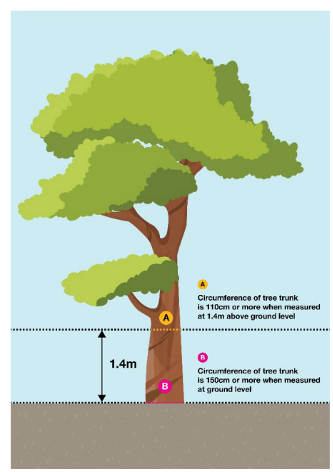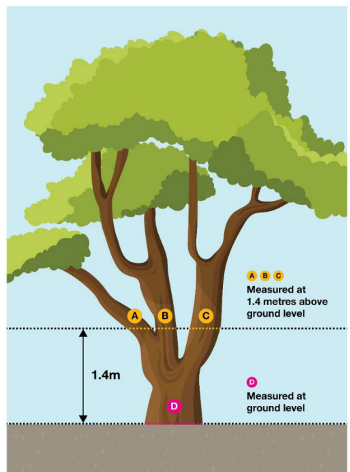On this page
Some trees on private property and public land are protected by planning overlays or local laws.
Check if you need a Tree Protection Local Law Permit or a Planning Permit to remove, prune or do works near a tree.
You need a Tree Protection Local Law Permit for a:
- canopy tree – to remove or do works less than 2 metres from its trunk
- significant tree – to prune, remove or do works within its Tree Protection Zone.
Protected trees under the local law
Tree Protection Local Law Permit
Planning Permit for trees
Penalties for illegal tree works
If our local law is breached we can:
- give a formal warning
- issue a fine of $3,951 per offence occurring after 27 May 2024 (Tree Protection Local Law 2024)
- require replacement planting or tree protection measures (in a 'Notice to Comply')
- take the offence to the Magistrates Court for prosecution and criminal conviction.
Download Tree Protection Local Law documents
Download tree management plan guidelines
More information
For more information about permits and trees on private property call us on (03) 9278 4888 or email us at [email protected].
Find out how to protect trees during construction.
For information about trees on neighbouring properties, visit our Tree issues, pruning and maintenance page.

